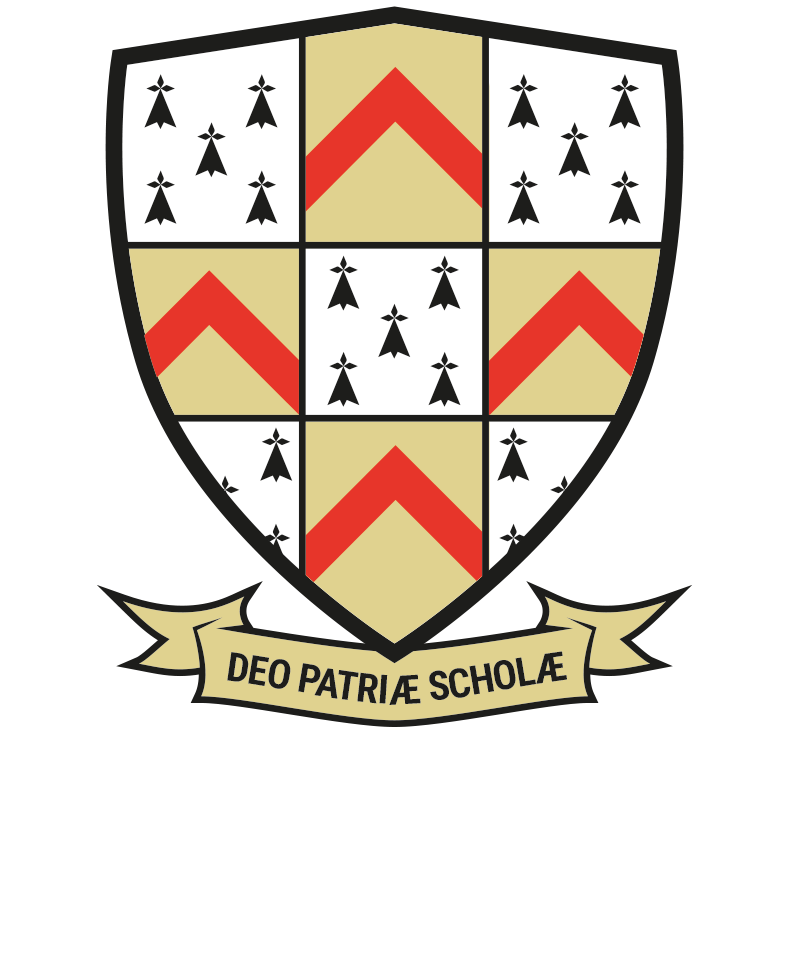Year 9 Design Technology students recently represented the school at the regional final…
View PostUpcoming Events
See All EventsSorry - Javascript is required to view the calendar
House Eddie's
1240
Addison
1210
Clinton
1200
Darwin
1290
Garrick
